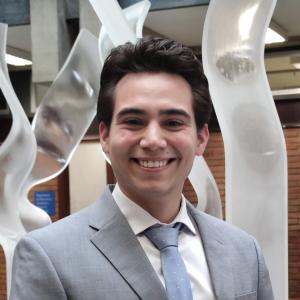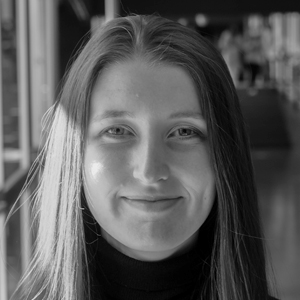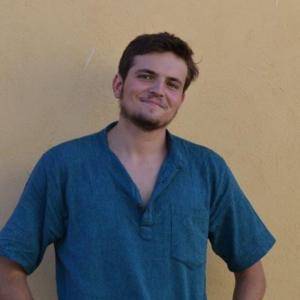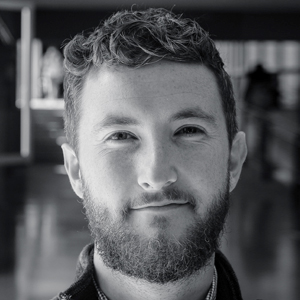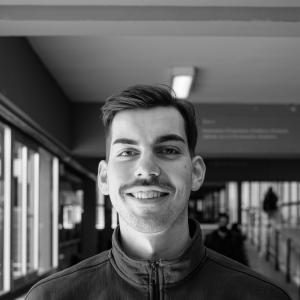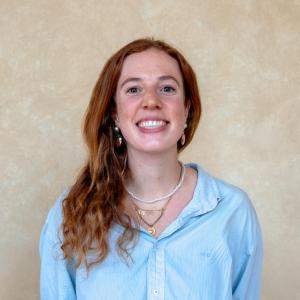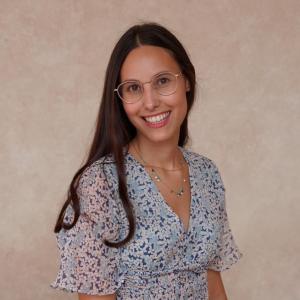
Carmen Ramírez Folch, Spain
Carmen.RamirezFolch@eui.euI completed my undergraduate studies in Philosophy and Political Sciences at the University of Barcelona. In my final year in Political Sciences I worked as a Research Assistant on a project exploring the impact of gender on judicial decisions. This experience sparked my interest in pursuing an academic career. The Master in Political Economy (MIPE) is particularly well-suited for those aspiring to a Ph.D. or envisioning a career in research (in economic or political topics).
I believe the key strengths of the MIPE lie in its interdisciplinary approach, seamlessly integrating political economy, economic history, and political sciences. This ensures a comprehensive understanding of both content and methods across various disciplines. And also, the program´s emphasis on data science, encompassing R skills, quantitative methods, and causal inference, not only prepares for academic research but also equips for application to competitive Ph.D. programs.
Personally, the MIPE´s training played a crucial role in my acceptance into the Political Science Ph.D. program at the European University Institute (EUI). The program´s dedication to cultivating strong foundational knowledge and research skills significantly contributed to my academic journey. Furthermore, the MIPE boasts excellent professors whose guidance enhances the overall learning experience.
Finally, it is also noteworthy that the MIPE brings together students from diverse backgrounds, making the classroom discussions lively and the overall program globally oriented.




